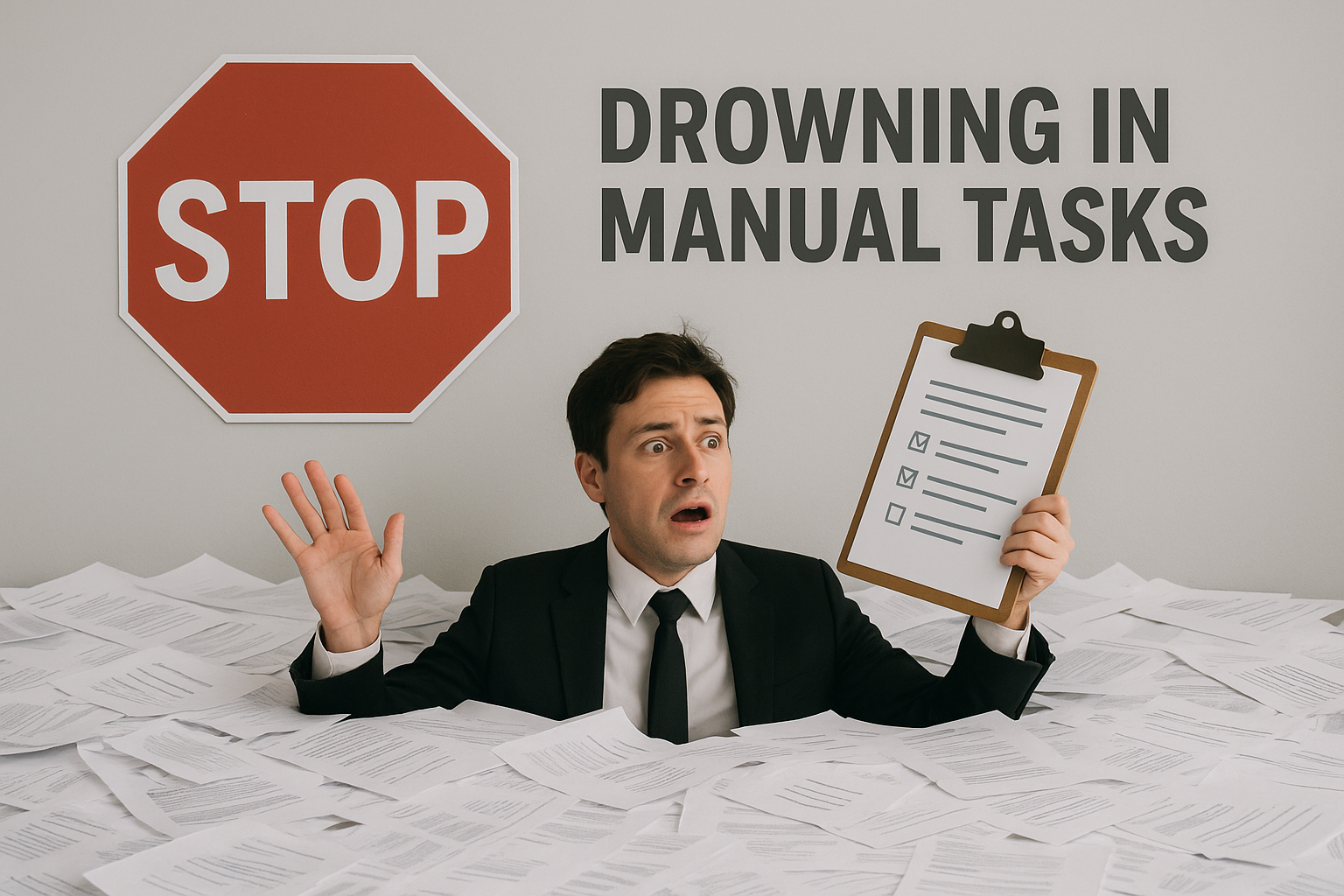The Australian Taxation Office (ATO) is reminding taxpayers there are serious consequences if they choose not to meet their tax obligations this tax time.
Assistant Commissioner Kath Anderson said most Australians want to do the right thing, but some refuse to pay their share, or pay at all.
"In the first instance we always try to help and educate taxpayers about how to get their tax right. Unfortunately in some cases people don't respond or deliberately make false statements to avoid paying the right amount of tax – and we have to pursue this," she said.
Ms Anderson said the ATO has sophisticated systems and analytics that ensure wrongdoing can't fly under the radar. If a claim raises a red flag in the system, auditors will investigate further.
"In 2015–16 for individual taxpayers we conducted around 450,000 reviews and audits, resulting in adjustments of nearly $1 billion in income tax, and prosecuted over 1,300 taxpayers," Ms Anderson said.
"Criminal investigations and prosecution are a last resort and not something we take lightly. However, Australians expect us to make sure nobody gets a free ride and we are prepared to use all the avenues available to us to protect the integrity of the tax system.
"Our message to all taxpayers is that the ATO takes firm action against those who actively choose to ignore their obligations or try to game the system."
Ms Anderson said the ATO uses a range of strategies to manage taxpayer transgressions, ranging from help and education, to audits and even prosecution through the court system for more serious cases.
"When choosing a course of action, we consider a number of factors including a taxpayer's history of compliance, and the number of chances we've already given them to get back on track with their obligations," Ms Anderson said.
"The decision to prosecute is only made if we have exhausted other options to get the taxpayer to change their behaviour and correct their affairs."
The ATO is aware some people are willing to take risks and falsely claim work-related expenses. Ms Anderson said taxpayers considering risky claims should be on notice that the ATO is serious about dealing with non-compliance, and the consequences can be costly for those found to be doing the wrong thing.
"In the worst cases a penalty can be up to 95% of the tax shortfall amount. For example, we took a taxpayer to court over his false car work-related expense claims in two consecutive years, and he was ordered to pay more than $4,000 in fines and court costs," Ms Anderson said.
"In another instance, a taxpayer had neglected to lodge his tax returns over a 12-year period despite being given a number of opportunities to comply. After being fined more than $100,000 and still failing to get his tax affairs in order, he was handed down an eight month suspended sentence.
"The vast majority of Australians do the right thing, which is why we will pursue those who try to dodge their obligations. Our message to anyone thinking about making a false deduction, omitting income or not lodging at all is that it just isn't worth running the risk of audits, fines or prosecutions."
To find out more about what deductions you can legitimately claim this tax time, visit ato.gov.au/deductions
To find out more about the penalties for making false or misleading statements, visit ato.gov.au/penalty
Case studies
Case study one
A labourer falsely claimed a number of deductions, including car, self-education and clothing and laundry work-related expenses of over $10,000 over two years. He was charged with three counts of recklessly making false or misleading statements.
The labourer had previously been audited and warned about claiming clothing and laundry expenses he wasn't entitled to. Despite this, he claimed deductions for expenses he did not incur and was not entitled to in his next tax return.
He was unable to provide any receipts or records, and when we spoke with his employer they confirmed he was not required to use his own car at work, and did not have any work-related study. They also confirmed they supplied and paid for the required work-related clothing and paid for the laundry costs.
The labourer said he took the advice of a trusted friend who said he would secure a good refund by claiming deductions.
The Magistrate considered the behaviour in repeatedly claiming clothing and laundry expenses grossly reckless, and the labourer was convicted of all offences and had to pay penalties and fines.
Case study two
A meat worker falsely claimed deductions for work-related expenses relating to car, travel and clothing, totalling several thousand dollars, and was charged with recklessly making false or misleading statements.
The meat worker had been audited the previous year and was educated about claiming deductions he was not entitled to and could not substantiate. Despite this, the taxpayer again claimed deductions he was not entitled to and which he had no records for.
The meat worker admitted he signed a blank tax return and had a friend complete it for him. He was reminded of his responsibility to take reasonable care with the information provided in his tax return and of penalty implications for providing false or misleading information.
A referral for prosecution was made because of the behaviours demonstrated by the meat worker in preparing his income tax returns in multiple years. The meat worker pleaded guilty, and the Magistrate noted the seriousness of the offence. The meat worker was convicted, fined and ordered to pay costs.
Case study three
A landscaper neglected to submit tax returns over a 12-year period, despite being given adequate opportunity to comply with lodgement obligations. He had two previous convictions for failing to lodge (income and GST returns) and failing to comply with a court order in relation to the same income tax returns. On those occasions, he was fined $50,000 and $63,600 respectively in March 2015 and October 2015.
The landscaper was found guilty and convicted to 8 months imprisonment
The Magistrate stated the sentencing was the only appropriate option, and commented that the previous fines imposed had not been an adequate deterrent and the community needed to know that there were serious consequences for repeatedly not lodging tax returns. This term of imprisonment was suspended subject to a 12 month good behaviour bond with an order to lodge the required returns within 6 months or the landscaper would be sent to jail.
Case study four
A bookkeeper failed to submit income tax returns for 2011 to 2015 financial years, a total of 5 returns, and 20 quarterly GST returns for the period January 2007 to December 2016, a period of over 9 years as part of a partnership.
The bookkeeper was convicted under Section 8C of the Taxation Administration Act, with the Magistrate imposing a fine of $25,000. Significantly the Magistrate made a further order that the bookkeeper pay the sum of $25,000 as he believed part of the reason for the late lodgement was to avoid a tax liability. The total tax liability that arose from lodging these returns was over $360,000 which is still owing to the ATO.
Source: ATO 28 September 2017
If you have any questions about what you can claim, please don't hesitate to contact Robert Goodman Accountants on 07 3289 1700









